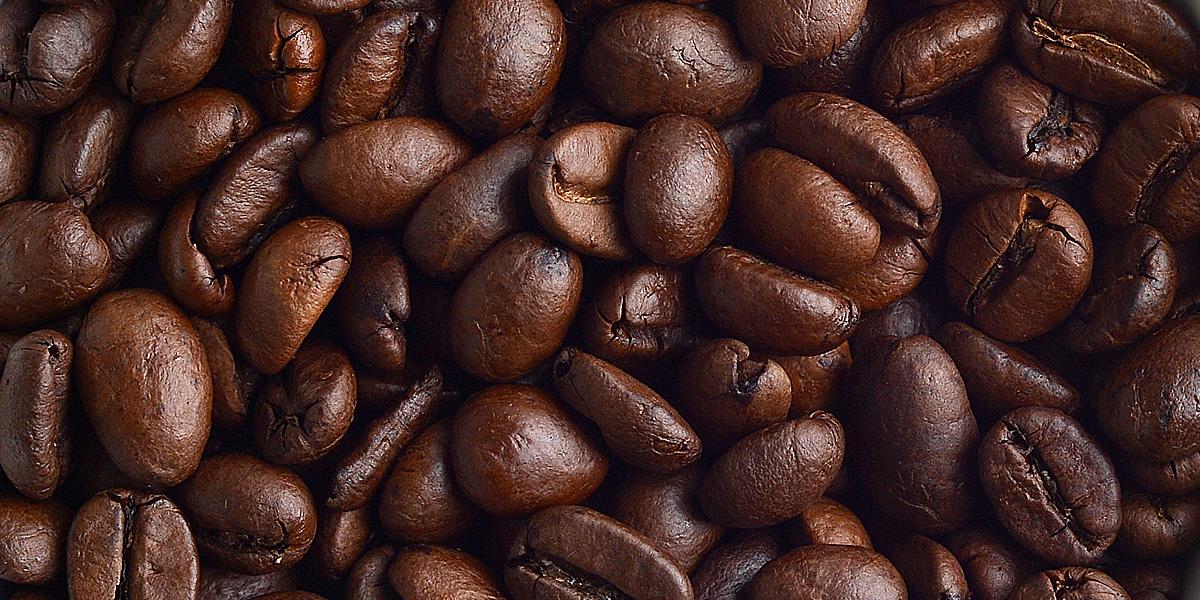Yunnan coffee growing area, Yunnan coffee introduction
Follow the caf é (Wechat official account vdailycom) and found that Beautiful Cafe opened a small shop of its own.
Almost all coffee grown in China is in Yunnan, and nearly 60% of Yunnan coffee production comes from Pu'er. In fact, Yunnan has become one of the planting bases of Nestl é and Starbucks. Nestle alone buys 1/5 of Yunnan's total coffee output every year.
1. [output] compared with the popularity of Pu'er tea, the fame of Pu'er coffee is not commensurate with the output. Yunnan coffee production accounts for 98.8% of the country's total output; Pu'er coffee production accounts for 57.8% of Yunnan's total output; and the price of a cup of Starbucks coffee is equivalent to 25 cups of AA grade Yunnan coffee beans.
2. [planting] in 2011, planting one mu of coffee trees in Pu'er can earn 4000-8000 yuan.

3. [export] Pu'er plays a primary role, and most of the coffee produced is supplied to multinational corporations in the form of raw materials.
In 2011, 70% of the coffee beans produced in Yunnan were carved up by coffee giants such as Starbucks, Nestl é, Maxwell and so on.
Coffee exported from Pu'er accounts for 77.8% of Yunnan's total exports.
4. [roasting] Yunnan has the largest coffee processing production line in China, with annual roasted coffee beans reaching 3000 tons.
Starbucks' Yunnan joint venture baking company says the value of coffee beans can rise 10 times after deep processing.
As the largest coffee shop customer in Yunnan, Starbucks has more than 13000 coffee shops in 39 countries around the world.
About 230 of them are in the mainland.
However, Starbucks does not have a store in Pu'er, and it is still difficult to find an authentic coffee shop in Pu'er.
6. [retail] Nest Company buys 12% of the world's annual coffee output every year, of which the proportion of purchases in Yunnan is increasing year by year.
Nestl é purchases in such a large amount, to some extent, can determine the trend of coffee prices.
Introduction to Yunnan Coffee
The western and southern parts of Yunnan Province are located between 15 °N and the Tropic of Cancer, most of which are 1000-2000 meters above sea level, and the topography is dominated by mountains and slopes. With fertile land, sufficient sunshine, rich rainfall and large temperature difference between day and night, the unique natural conditions have formed the particularity of Yunnan small seed coffee taste-strong but not bitter, fragrant but not strong, slightly fruity.
Pu'er, Xishuangbanna, Wenshan, Baoshan, Dehong, Lincang and other places in the south and west of Yunnan are all the distribution areas of small-grain coffee in Yunnan. As of January 1, 2012, according to the comprehensive survey of Yunnan Province, the planting area of coffee in Yunnan has exceeded 800000 mu, and the output of coffee beans in this period is expected to exceed 55000 tons. For the future, local governments in Yunnan have also drawn a blueprint: Dehong is planning to expand the coffee planting area from the current 100000 mu to 200000 mu in the next few years; Lincang plans to expand the existing 20, 000-mu coffee forest by 10 times to 200000 mu in the 12th five-year Plan; and Pu'er also plans to expand the 220000 mu coffee forest to 600000 mu. Other areas suitable for coffee cultivation, such as Baoshan and Xishuangbanna, are also planning to expand the planting scale.
Dehong: it has the laudatory name of "hometown of Chinese coffee". As of 2011, a total of 120900 mu of coffee has been developed and planted in the state, accounting for 30% of the total coffee planting area in the country. In the next 3 years, the planting area of coffee in Dehong Prefecture will reach 200000 mu. The coffee planting in Dehong Prefecture is above 1000 meters above sea level, of which 30, 000 mu are planted in the mountains above 1600 meters above sea level. in addition, the coffee grown in Dehong Prefecture mainly uses organic fertilizers and organic pesticides, resulting in high quality coffee. it is one of the rare high-quality coffee producing areas in the world.
Baoshan: the cultivation of coffee in Baoshan began in the mid-1950s, and the first coffee seedling was introduced by the late patriotic overseas Chinese Mr. Liang Jinshan in Southeast Asia. The local famous Lujiangba small grain coffee is of excellent quality. It was rated as first class in London, England as early as the late 1950s. In recent years, with the expansion of international trade, Lujiangba's small-grain coffee is more famous. Merchants in Europe, the United States, Egypt, Hong Kong and Macao, especially in Britain, the United States, Egypt, Hong Kong and Macao all regard it as the best coffee, and the products are in short supply. In December 2010, after being examined and approved by the General Administration of quality Supervision, Inspection and Quarantine of China, it was decided to implement the protection of national geographical indication products for "Baoshan small Coffee".
Lincang: because of its unique geographical location and climatic conditions, Lincang has become the focus of many coffee enterprises, and has successively established 200 mu and 100 mu of high-quality coffee breeding bases in Mengding Town and Lincang Happiness Farm in Gengma Autonomous County of the city. coffee is planted in Gengma, Zhenkang, Yun County, Cangyuan, Yongde and other places.
Pu'er: tea village Pu'er has cultivated coffee for 150 years. At the end of 1990s, Pu'er City began to cultivate coffee as a dominant backbone industry to adjust the industrial structure and increase farmers' income. Coffee is grown in 54 townships (towns) in 9 counties and 1 district of Pu'er City.
Important Notice :
前街咖啡 FrontStreet Coffee has moved to new addredd:
FrontStreet Coffee Address: 315,Donghua East Road,GuangZhou
Tel:020 38364473
- Prev

Introduction to the manor production method of Vietnam coffee bean flavor description variety planting development history of production area treatment method
For the exchange of professional baristas, please follow the coffee workshop (Wechat official account cafe_style) Vietnam is not famous for coffee, but with the increasing number of exports, people began to pay attention to the Vietnamese coffee industry. In 2012, exports beat Brazil, a big coffee country, and you will occasionally hear someone mention Vietnamese coffee. This article will take you to find out! A strong and thick mouth
- Next

Which brand of Yunnan coffee is good? Yunnan coffee introduction
Following Cafe Review (Wechat official account vdailycom) found that Beautiful Cafe opened a small shop of its own. Many people know that Blue Mountain Coffee is the top coffee in the world, but few people know that in Dehong, Yunnan Province, there is Yunnan small-grain coffee comparable to Blue Mountain Coffee. What are the brands of coffee in Yunnan? Yunnan Saipin Coffee, Yunnan Hougu Coffee and Yunling Coffee are all famous clouds.
Related
- Detailed explanation of Jadeite planting Land in Panamanian Jadeite Manor introduction to the grading system of Jadeite competitive bidding, Red bid, Green bid and Rose Summer
- Story of Coffee planting in Brenka region of Costa Rica Stonehenge Manor anaerobic heavy honey treatment of flavor mouth
- What's on the barrel of Blue Mountain Coffee beans?
- Can American coffee also pull flowers? How to use hot American style to pull out a good-looking pattern?
- Can you make a cold extract with coffee beans? What is the right proportion for cold-extracted coffee formula?
- Indonesian PWN Gold Mandrine Coffee Origin Features Flavor How to Chong? Mandolin coffee is American.
- A brief introduction to the flavor characteristics of Brazilian yellow bourbon coffee beans
- What is the effect of different water quality on the flavor of cold-extracted coffee? What kind of water is best for brewing coffee?
- Why do you think of Rose Summer whenever you mention Panamanian coffee?
- Introduction to the characteristics of authentic blue mountain coffee bean producing areas? What is the CIB Coffee Authority in Jamaica?

